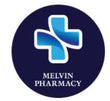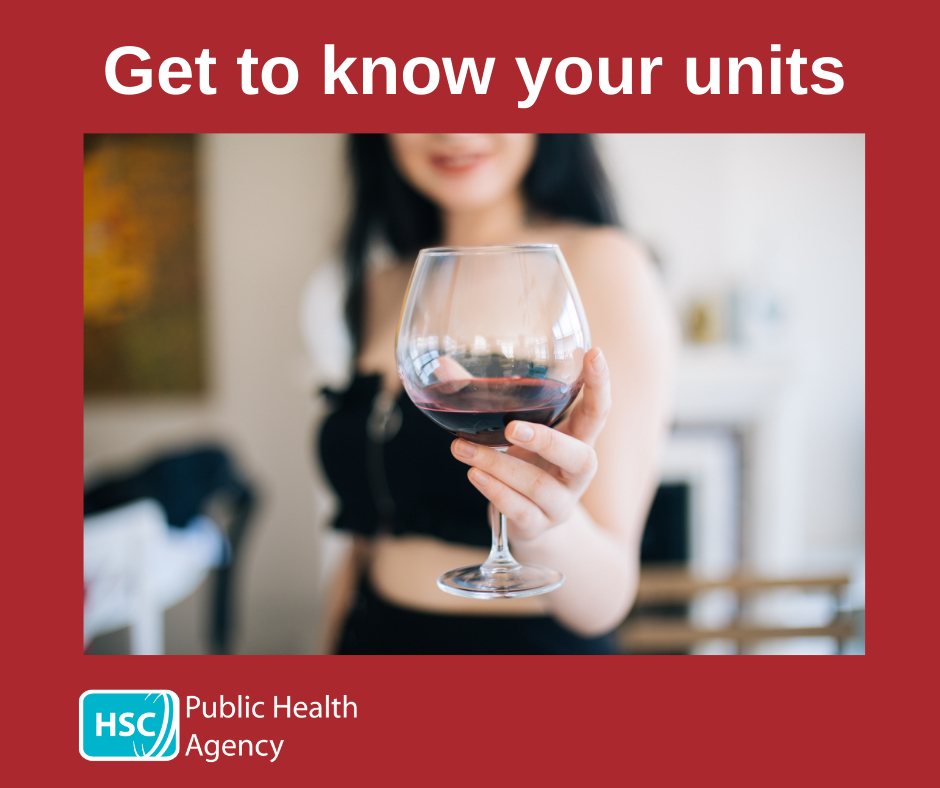The campaign focuses on harm reduction, not passing the recommended max weekly limit, and having several alcohol free days per week. I will discuss this, but I also want to take this a step further and outline some of the health benefits from alcohol reduction and the truck load of health issues that alcohol can contribute to. Unfortunately, there is now lots of evidence that suggests even drinking 1 unit of alcohol per day can increase your risk of breast cancer.
I myself gave up drinking alcohol approximately 3 years ago. Although I would have classed myself as a 'low level drinker', rarely passing the limit of 14 units of alcohol per week, I never thought I'd identify as someone who no longer drinks! I was doing a health detox and I knew alcohol was probably contributing to my weight gain. So I decided to take a break and I never restarted. And when I started to feel the health benefits of quitting, I wish I'd stopped sooner.
Before I come back to my experience, I want to discuss alcohol usage within NI, and some of the negative health related effects of drinking alcohol. I was actually shocked at the profound effect alcohol can have on your health, even at low levels.
I hope I don't sound like the alcohol police, but I do have a responsibility as a health professional to highlight anything that can negatively affect your health. Most people enjoy drinking alcohol sensibly and other than an occasional over indulgence, generally drink responsibly. However, it is becoming more evident that even low levels of alcohol usage can be very damaging to your health.
Here are a few facts -
The Northern Ireland Health Survey shows that in 2022/23 over three quarters (77%) of adults aged 18 and over reported that they drank alcohol. Over four fifths of males (81%) and almost three quarters of females (74%) were drinkers.
The Department of Health (DoH) recommends not exceeding 14 units per week for both males and females. A quarter of male respondents (25%) reported drinking above recommended weekly limits, while this was true for almost a tenth of female respondents (9%). Drinking prevalence tends to decrease with age.
In 2022/2023 over four fifths of those aged 18 to 54 reporting drinking alcohol, while around three quarters of those aged 55 to 74 and around half of those aged 75+ reported drinking alcohol. Those aged 18 to 34 were less likely to drink alcohol three or more times a week than all other age groups.
In 2022/2023, over four fifths (82%) of those living in the least deprived areas were drinkers, while three quarters (75%) of those living in the most deprived areas reported drinking alcohol. As with most activities, drinking alcohol carries a degree of risk.
Ok, so lets see where your alcohol intake is at - (this will also help define what I mean by low level, moderate level and wholly dependent alcohol usage is)
Click on the link below to see the Alcohol MOT more clearly
https://www.publichealth.hscni.net/sites/default/files/2023-12/Alcohol_MOT_Part1_2022.pdf

Be honest and add up your score. If you score more than 8 or more then alcohol could be harmful to your health. A score of 20 or more indicates a dependency on alcohol and I will link groups and organisations that can help.
What are the harmful affects of alcohol?
So, we all know many of the harmful affects of alcohol. Generally however, what we know is about extreme alcohol usage or social issues.
For example, alcohol abuse is cited in
50% of marriage breakdowns
55% of domestic abuse cases. The perpetrators where drinking prior to assaulting their victim.
14% of sexual offences
40 - 50% of suicides.
17% of all road traffic accidents
But we tend to not highlight the health effects as much. Did you know this -
Women are more likely to develop breast cancer from low level drinking than they are from using HRT. The same HRT patches that were snatched off women over night 20 years ago when one report WRONGLY suggested HRT was strongly linked to breast cancer. So we didn't warn women about the risks of alcohol and breast cancer (which is higher), but we stopped their HRT!

It is estimated that 1 in 10 cases of breast cancer are directly related to alcohol. Alcohol increases the amount of oestrogen in the female body. You do not need to be a heavy drinker, drinking 1 unit of alcohol per day, increases your risk. This actually blew my mind! So low levels of alcohol usage are linked with breast cancer in women and high alcohol use is linked with breast cancer in men!
You are more likely to develop cancer of the mouth, oesophagus, liver and stomach and throat if you drink alcohol.
Regular drinking above recommended max limits can increase your blood pressure and cholesterol levels.
Regular drinking of alcohol lowers your ability to fight infection.
It can reduce your libido.
People with lower body weight need to be much more careful than those of heavier body weight when they drink alcohol as they are more prone to the affects of alcohol. Hence the term 'light weight'. This is why teenagers need to be very careful with alcohol!
People who both smoke and drink regularly are more at risk of alcohol related disease than those people who drink the same amount of alcohol but don't smoke.
And then we have all the falls and accidents related to alcohol!

For me, giving up alcohol has been overwhelming positive. I initially stopped temporarily to lose weight, but I kept it up for the health benefits.
I might have only indulged in 2-3 glasses of wine a week, but without it, I have more energy, less brain fog, sleep better and I have better exercise tolerance. I'm also was less anxious on a Monday morning and I did lose a bit of weight!

But, while on this detox and starting to feel better I actually reading about all the negative effects of alcohol on my health. When I read about the breast cancer risk, I suddenly had a 'pull goal'. A pull goal is a goal that was more appealing to me than drinking was. While I wasn't a heavy drinker, I was reading facts that suggested even drinking one unit of alcohol a day was bad for your health. 1 in 2 people will get cancer in their lifetime, with breast cancer being one of the most prevalent cancers in women. So if I can push that one down the road a bit further, I decided I would.
As I kept reading - I established a link between alcohol and menopause! Yes ladies - the good news keeps coming. So high levels of alcohol are thought to make flushing worse (although I should point out - low levels may help flushing).
I'm linking some info about alcohol and menopause here
https://www.ascert.biz/alcohol-and-menopause/
A point I wish to make here, is any reduction in alcohol is beneficial for your health. Complete abstinence is not for everyone - I totally understand that. If you drink everyday, drinking every other day is a huge reduction. The more days between drinks the better. If you drink 6 pints a night, reducing the 4 pints a night will benefit you. Its hard to break habits. But the worse thing you can do, is do nothing.
Below shows you the number of units in alcoholic drinks.

Be aware - the guidance is now the same for men and women, max of 14 units per week. You should avoid drinking all 14 units on the same day and leave several alcohol free days between drinks.
If you are worried about your drinking, or that of a partner, family member or friend, I will link some groups that can help.
https://www.ascert.biz/self-help-resources
https://drugsandalcoholni.info/the-ni-dacts/western-dact/
You can also pick up some info in the pharmacy
I hope you enjoyed this blog - and let us know if we can give you any further help!





